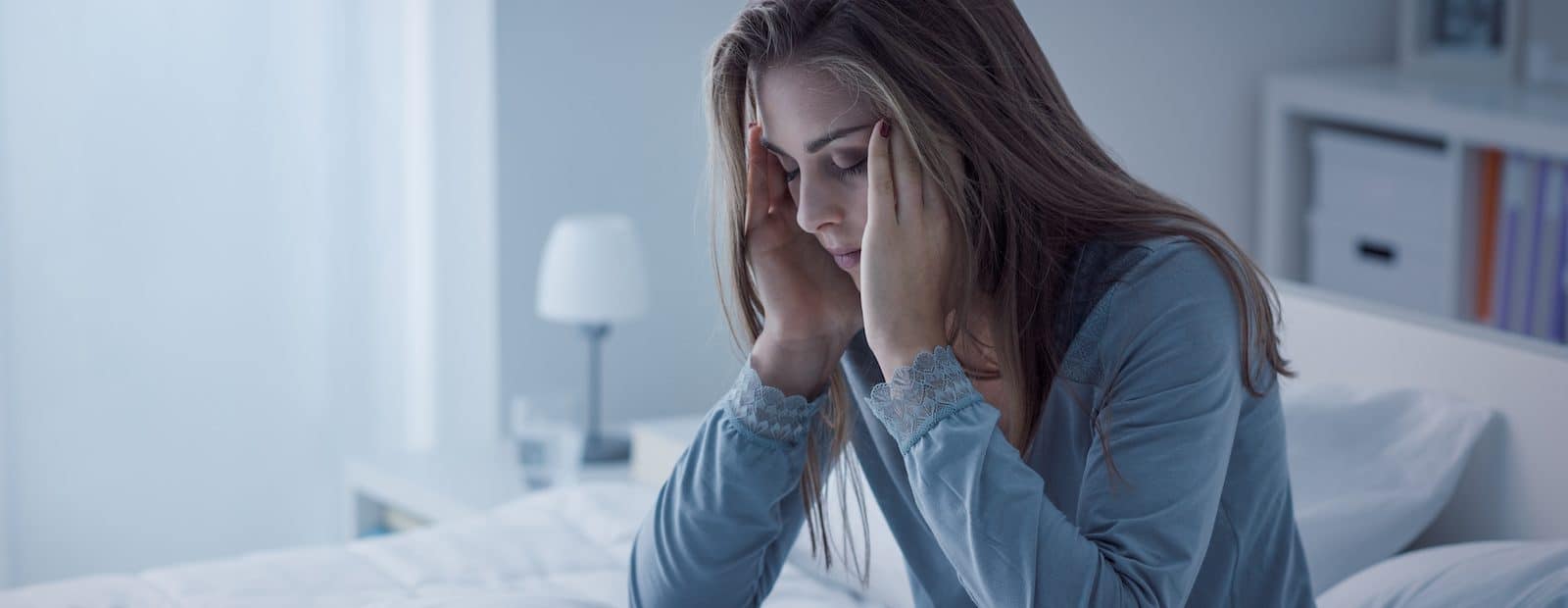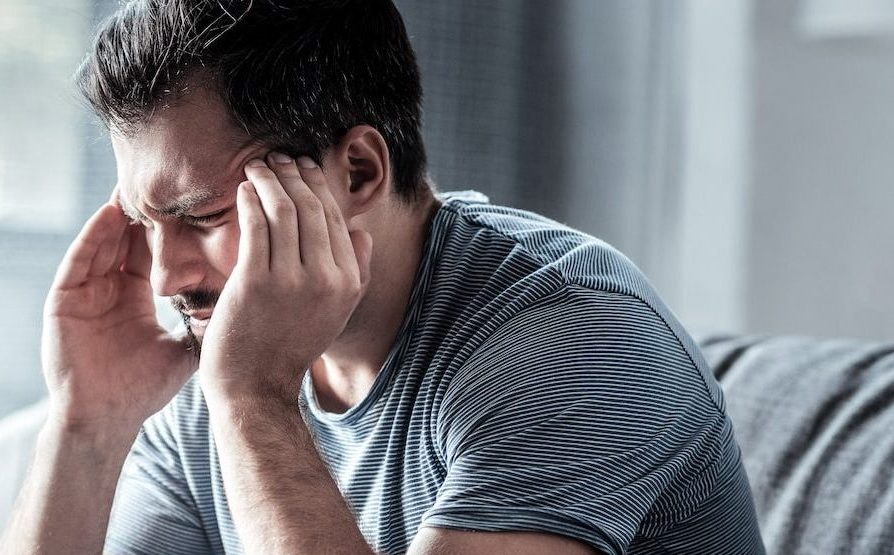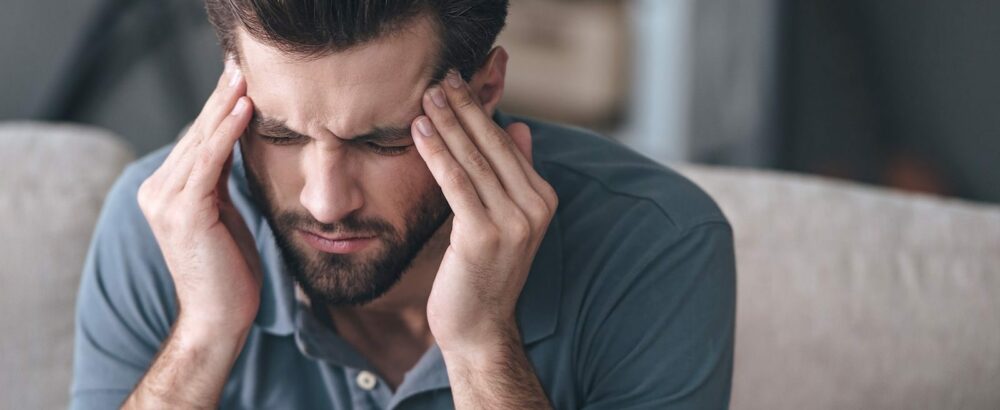Table of Contents
For the millions of Americans who experience restless nights or insomnia, prescription sleeping pills have helped provide the ZZZs they’ve been desperately seeking. As a result, many people have come to rely on such medications to sleep every night. However, with alarming red flags from the potential risks that can incur upon taking these medications, the U.S. Food and Drug Administration has recently been requiring warning labels on sleep aids. These labels call to attention serious, if not fatal, risks that can occur if taking these medications.
Furthermore, because some medications doctors use to prescribe for insomnia are habit-forming, some people are being put at high risk of forming an addiction. Unfortunately, with the grips of addiction in play, these people may begin to self-medicate, taking more than what the doctor prescribed or combining it with other drugs or alcohol to compound the effect. This further increases one’s chances of incurring serious, life-threatening consequences.
Therefore, it is imperative that before you decide to start taking sleeping pills, consult with a doctor and try to find the best possible solution to your insomnia issue. Additionally, learning what the side effects are of sleeping pills, what withdrawal symptoms you may experience if detoxing off the medications, and how to get help if you are struggling with an addiction to sleeping pills will help to mitigate any potential tragic outcomes from occurring.
Side Effects of Sleeping Pills
A sleeping pill may be helpful with short-term sleep problems. However, it’s important that you understand all the side effects of these sleep aids, especially if used long-term. Most sleeping medications are categorized as “sedative-hypnotics,” meaning that they induce or maintain sleep. There are a few types of sedative-hypnotics out there, including benzodiazepines, barbiturates, and various hypnotics.
The main concern with taking benzodiazepines for insomnia is that they are highly addictive and can cause problems with memory and attention. Therefore, they are generally recommended for a short period and only if you or any family members do not have a history of drug addiction. This medication is particularly detrimental to anyone with higher chances of addiction or someone who takes more than their doctor prescribes. Barbiturates, on the other hand, depress the central nervous system and are generally limited to the use of anesthesia. Overdosing on barbiturates can be fatal.
Sleeping pills can interfere with normal breathing and, as such, can be extremely dangerous for people who have a chronic lung problems like asthma, emphysema, or any form of chronic obstructive pulmonary disease.
Other common side effects of sleeping pills like Lunesta, Ambien, Rozerem, and Halcion include:
- Trouble keeping balance
- Dizziness
- Burning or tingling in hands, arms, legs, feet
- Constipation
- Dry mouth or throat
- Diarrhea
- Changes in appetite
- Daytime sleepiness
- Headache
- Heartburn
- Slowing down of mental functions/problems with attention or memory
- Unusual dreams
- Weakness
- Uncontrollable shaking
As previously mentioned, some sleeping medications can also potentially cause addiction. In addition, because of its addiction potential, some people may combine sleeping meds with alcohol, which is extremely dangerous and can cause someone to stop breathing, leading to death. Therefore, it is important to be aware of all side effects you may experience and notify your doctor immediately if you are experiencing any side effects to prevent any fatal consequences from occurring.
Withdrawal Side Effects of Sleeping Pills
Like most medications, there is a potential to experience withdrawal symptoms when tapering off your typical dosage. This is especially true if you were utilizing benzodiazepines to induce sleep. Because withdrawal symptoms can be serious, especially if the drugs were abused or taken for a long time, you must seek the help of a trained medical professional who can help slowly taper you off the medication. This will help mitigate your risks of experiencing any potential uncomfortable withdrawal symptoms experienced from detox.
Furthermore, because it is possible to become dependent on sleeping medications to go to sleep, you will want to consult your doctor before deciding to stop taking the medication altogether. The idea of going to sleep without the meds could give rise to increased anxiety, causing you to cope in other unhealthy ways.
Common sleeping medication withdrawal symptoms may include:
- Body spasms
- Insomnia
- Anxiety
- Drug cravings
- Seizures
- Irritability
- Depression
- Hallucinations
- Hand tremors
- Sweating
- Confusion
- Vomiting
- Nausea
- Increased heart rate
Although not all of these withdrawal symptoms are life-threatening, a medically guided detox can help mitigate any uncomfortable symptoms to ensure you have a smooth recovery process.
How to Get Help for the Side Effects of Sleeping Pills
While sleeping medications can provide a lot of relief for people with insomnia or sleep issues, you must find medications that best suit your needs and mitigate the chances of addiction or health complications. If you feel you are already on a road of possible addiction to sleeping pills, it is vital to your well-being to seek help immediately. Going to an inpatient drug rehab to safely detox from your addiction and getting the help and support you need to ensure you still get good quality sleep is essential.
Furthermore, receiving help from a therapist or counselor during this process will greatly benefit your recovery. Finally, understanding your fears about falling asleep without a coping mechanism can help restore your sleep in the long term. Without this knowledge and support, you are at a much higher risk of returning to sleeping medications, especially ones that are the strongest and intended only for short-term relief to cope with underlying fears and emotions.
The time to get help for your sleeping pill addiction is now. You do not need to suffer another night without the help and support of clinically and medically trained professionals by your side. You can get the sleep you’ve always wanted without being subject to the grips of addiction. Contact us now, and get on the path to recovery and sound sleep today.
Sources:
Infinite Recovery has strict sourcing guidelines and relies on peer-reviewed studies, academic research institutions, and medical associations for our references. We avoid using tertiary references as our sources. You can learn more about how we source our references by reading our editorial guidelines and medical review policy.
- Carey B. Drug Agency Calls for Strong Warning Labels on Popular Sleep Aids. The New York Times. Published April 30, 2019. Accessed June 25, 2022. https://www.nytimes.com/2019/04/30/health/sleep-drugs-ambien-side-effects.html
- Bruce DF. Understanding the Side Effects of Sleeping Pills. WebMD. Published July 27, 2021. Accessed June 25, 2022. https://www.webmd.com/sleep-disorders/understanding-the-side-effects-of-sleeping-pills
- Ogbru O. List of Benzodiazepines: Types, Side Effects, Addiction & Withdrawal. MedicineNet. Accessed June 25, 2022. https://www.medicinenet.com/benzodiazepines_sleep-inducing-oral/article.htm
















